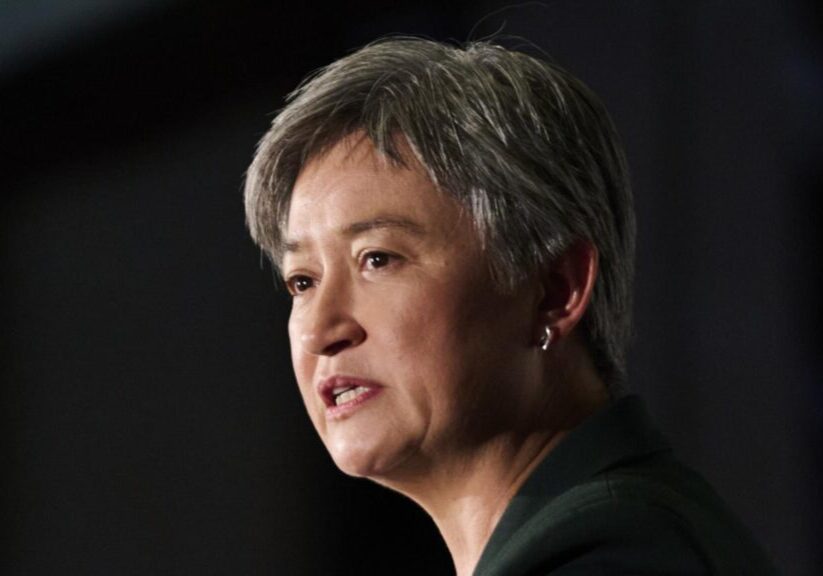IN THE MEDIA
World must act to stop Iran’s bomb
Aug 26, 2008 | Colin Rubenstein
Colin Rubenstein
Australian Financial Review – 26 August 2008
Last month Teheran again said “no” to a comprehensive package of political, economic and security incentives designed to resolve the stand-off with the international community over Iran’s nuclear program. The package was offered by China, France, Russia, the US, the UK (the five permanent members of the UN Security Council) and Germany (the “P5+1”), and a senior US official attended the negotiations.
With this latest rejection, which followed Iranian President Mahmoud Ahmadinejad’s boasting that Iran would not back down “a single iota”, it’s clear that the current diplomacy isn’t working. Enhanced sanctions are now necessary to bring Iran in line with legally binding UN resolutions and avert the spectre of a nuclear-armed Iran profoundly destabilising the Middle East.
The current sanctions, limited and watered down as they were by opposition from Russian and China, have still managed to have some impact. US sanctions focused on Iran’s financial services sector have been particularly effective in squeezing Teheran. Iran’s economy, particularly its oil and gas sector, remains vulnerable to further, targeted measures.
Iran’s petroleum exports account for nearly 80 percent of its exports and about half of its budget. At the same time, Iran’s refining capacity cannot meet domestic consumption, forcing it to actually import a significant percentage of its refined gasoline. Finally, Iran is in near-desperate need of foreign investment to update the equipment operating its oil fields.
New sanctions should therefore include restrictions on imports of Iranian petroleum products as well as exports of refined petroleum to Iran. The financial services sector sanctions, which make clear to potential investors that investing in Iran is “risky business”, should also be strengthened. In recent years these sanctions have deterred some European companies from pursuing deals with Iran. Finally, countries should be encouraged to reduce or cut their trade with Iran, particularly in the area of dual-use goods.
Many in Iran are already unhappy with Ahmadinejad’s economic policies and management. By further squeezing Iran’s key industry, the international community could force Teheran into deciding between the heart of its economy and its nuclear ambitions. If all Teheran really wants is a civilian nuclear energy program – which the P5+1 has already offered to help with – this should be an easy decision.
A fourth round of UN sanctions is unlikely to survive a Russian veto, given current tensions between Russia and the West. Countries like Germany, whose governments are on side but whose nationals and companies do a significant amount of trade with Iran, might also be reticent but need to upgrade their commitment.
Nevertheless, Australia should push for additional UN sanctions. If those prove impossible, Australia should work with the US, UK, France and other like-minded countries to implement enhanced economic sanctions outside of the UN framework.
Importantly, these types of sanctions, when combined with the package of incentives already on offer, represent the best chance of achieving what must remain the international community’s overarching goal- stopping Iran from acquiring a nuclear bomb capability and doing so without resort to the use of force.
Dr. Colin Rubenstein is the Executive Director of the Australia/Israel & Jewish Affairs Council.
Tags: International Security











